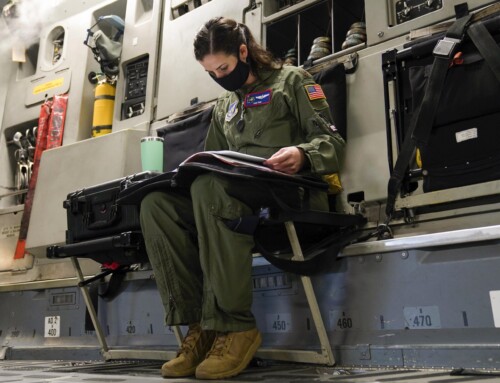Thousands of veterans who attended a vocational school or college that closed will have their benefits restored under the “Forever GI Bill,” experts say.
Veteran advocacy groups say Trump is expected to sign the Forever GI Bill. Here are five big changes once the bill becomes law.
1. Veterans whose colleges shut down in the middle of the semester will have their benefits restored. The closure of several colleges and universities in 2015 and 2016, many of which were for-profit, adversely affected many student veterans, experts say.
“So those who were attending ITT when it closed will have a full restoration of the benefits and be able to use the benefit at a different school,” says James Schmeling, executive vice president of District of Columbia-based Student Veterans of America, a nonprofit advocacy group.
But this benefit is not just for those who attended ITT Technical Institute, it also applies to service members who attended a postsecondary institution that closed after January 2015. According to the Congressional Budget Office, $50 million will go toward restoring benefits to thousands of veterans next year.
2. New service members can use the benefit throughout their lifetimes. The caveat is it’s only for those who were discharged on or after Jan. 1, 2013.
For those who meet this cutoff, the expansion will eliminate the 15-year time limit to use these benefits.
Experts say this will enable more veterans to complete college or higher education courses for a career, which are necessary for wage gains.
3. The expanded benefits emphasize STEM programs. The expansion encourages veterans to enroll in science, technology, engineering or math degrees through financial incentives.
Schmeling says student veterans often voice that they had to choose other fields since some STEM bachelor’s degrees can take up to five years to complete.
“They were choosing other degrees that they could complete during the availability of their GI benefit. So extending them allows them to take STEM more seriously than they might have before,” he says.
Veterans interested in these fields will be eligible to receive either nine months more of educational benefits or up to $30,000 in a lump sum, the maximum amount.
While many of the bill’s provisions go into effect next year, this provision won’t be available until August 2019.






